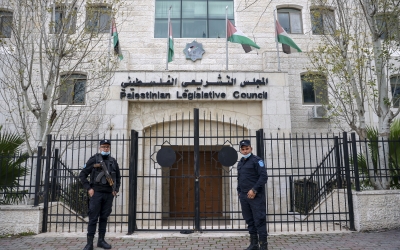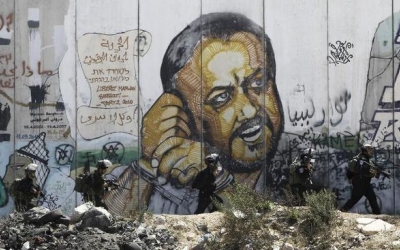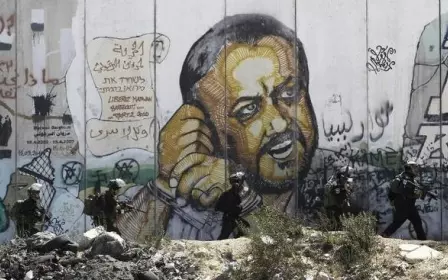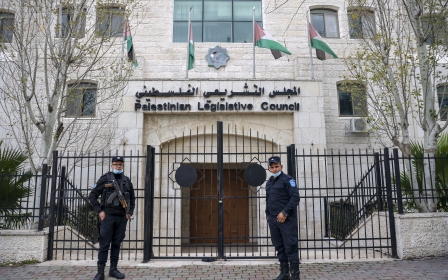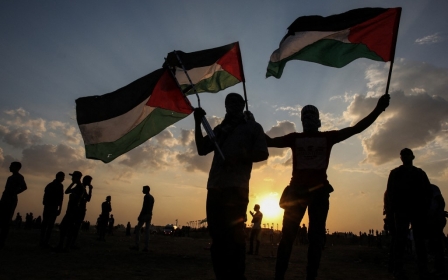Egypt reopens Gaza's Rafah crossing following Hamas and Fatah election deal
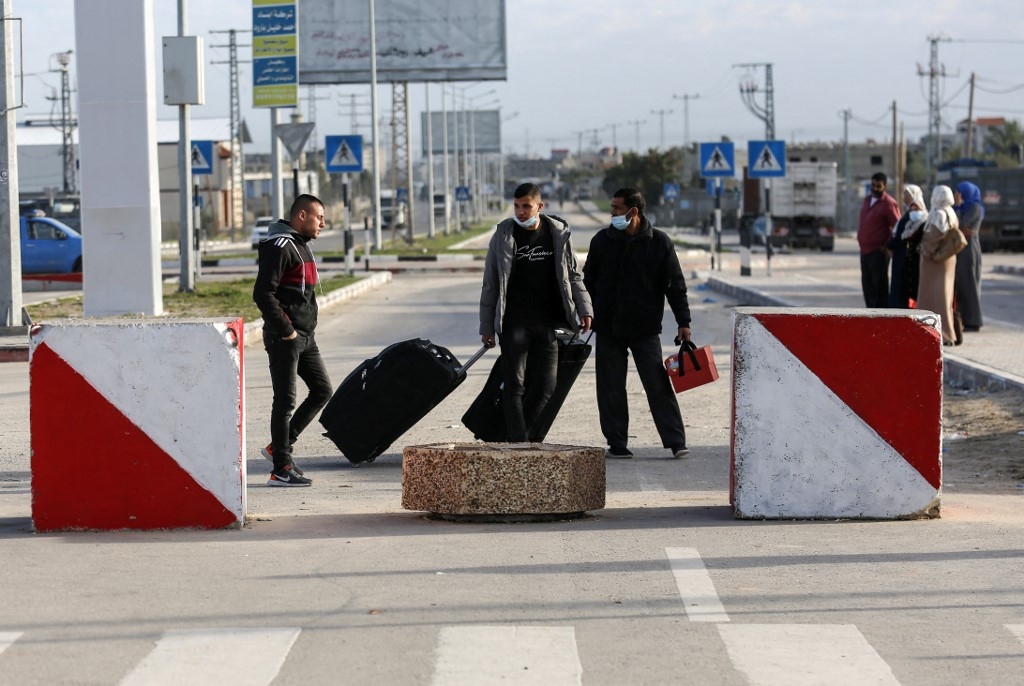
Egyptian authorities on Monday reopened the Rafah terminal, a vital border crossing for thousands of Palestinians travelling abroad from the besieged Gaza Strip.
The opening came amid Cairo talks between Palestinian factions aimed at settling disputes before planned legislative and presidential elections.
Egypt's decision to open the Rafah crossing "indefinitely" is a rare move in the last 15 years.
Since 2007, following clashes between Palestinian factions Fatah and Hamas, an Israeli-led blockade of the Gaza Strip has been largely upheld by successive Egyptian governments, and have routinely kept Rafah closed, only opening the crossing for a few days at a time.
On Tuesday morning, Egyptian authorities allowed buses transporting Palestinian passengers into Egypt, while Palestinians stranded in Egypt were allowed to cross into the Gaza Strip.
New MEE newsletter: Jerusalem Dispatch
Sign up to get the latest insights and analysis on Israel-Palestine, alongside Turkey Unpacked and other MEE newsletters
The Rafah terminal has been mostly closed since March 2020 in order to tackle the spread of the Covid-19 virus and had remained tightly shut since November.
The Rafah terminal is “expected” to remain open permanently, according to local media, but a source close to Hamas told Middle East Eye that Egypt’s decision was tied to Cairo talks between Palestinian factions, including Fatah and Hamas, and upcoming Palestinian legislative elections in May.
Elections for the presidency of the Palestinian Authority (PA) are scheduled for July.
The source said that as long as Fatah and Hamas remained on good terms moving forward with the election and put aside their disputes, then the Rafah crossing would remain open.
The Palestinian embassy in Cairo said the decision to reopen Rafah was the “result of intensive bilateral discussions and contacts between the Egyptian and Palestinian leaderships”.
The Ministry of Interior in Gaza, which has been run by Hamas since 2007, welcomed the decision, saying that it would ease the dire humanitarian situation in the Palestinian enclave, where many seek to travel for medical treatment, studies, or to be reunited with family.
Elections and Cairo talks
PA President Mahmoud Abbas issued a decree in January stating that elections would take place in the West Bank, Gaza Strip and East Jerusalem.
Legislative elections are scheduled for 22 May, while a presidential vote is set for 31 July. A vote for the National Council of the Palestine Liberation Organisation (PLO) is due to be held on 31 August.
The National Council currently has no members from Hamas and Islamic Jihad, which could change following the vote.
It has been 15 years since the last legislative elections, which saw Hamas win a majority of seats.
Fatah contested the results, which led to the ongoing division of the occupied Palestinian territories between the Hamas-led Gaza Strip and the Fatah-led PA ruling over the West Bank. Efforts to mend relations between the two factions over the years have fallen short.
Meanwhile, the PA has not had presidential elections since 2005, despite Abbas's term officially expiring in 2009.
On Monday, 12 delegations representing various Palestinian factions began talks in Cairo sponsored by Egypt, which concluded on Tuesday with an agreement on 15 points regarding the organisation of the elections.
In a statement after the Cairo talks, Palestinian factions said that they were committed to respecting the election results, and affirmed that the vote would take place in East Jerusalem, the West Bank and the Gaza Strip.
They also agreed to establish a special court to monitor the results of the electoral process, as well as clarifying the role of the police in the Gaza Strip and West Bank in securing voting stations.
Another agreement reached in Cairo was to release all political detainees held by the PA and Hamas before the May election.
Middle East Eye delivers independent and unrivalled coverage and analysis of the Middle East, North Africa and beyond. To learn more about republishing this content and the associated fees, please fill out this form. More about MEE can be found here.


